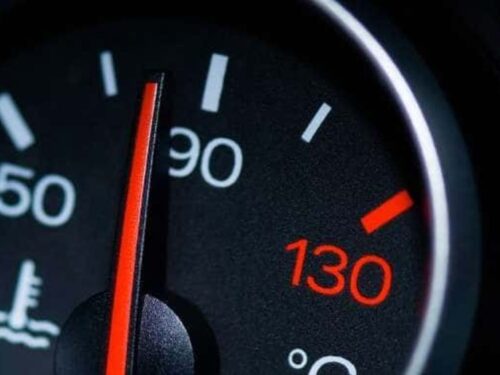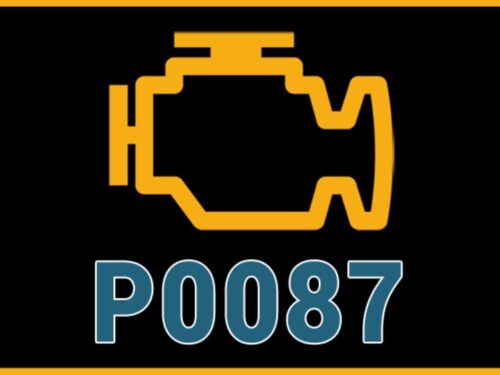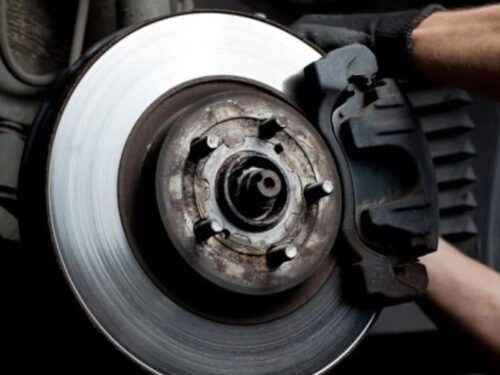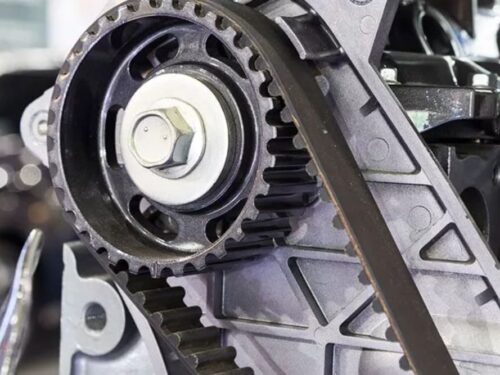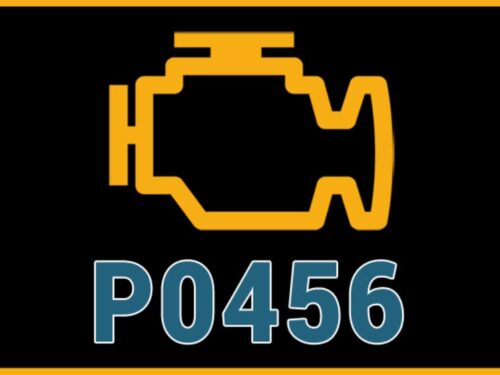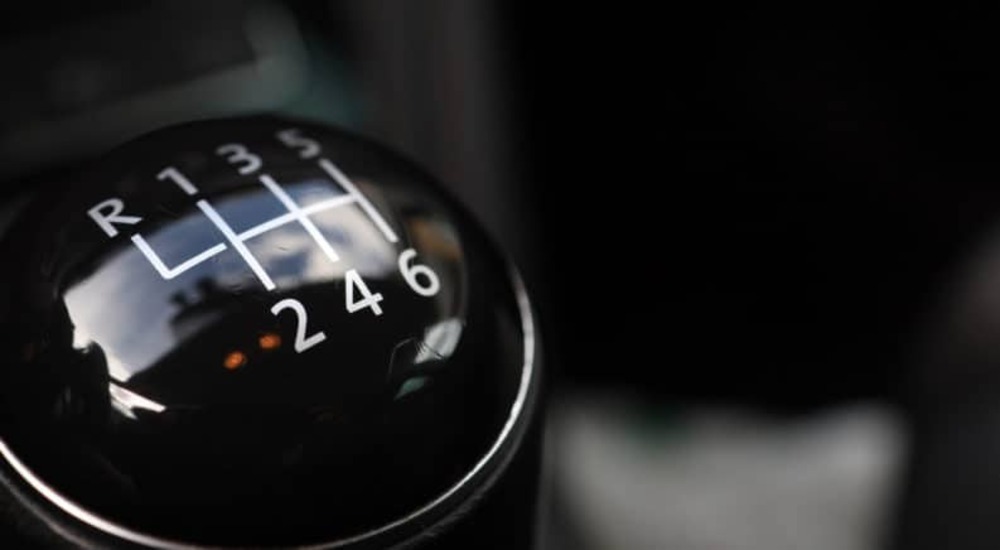
As a vehicle owner, you’re likely aware of the importance of regular maintenance for your vehicle. From oil changes to tire rotations, these routine tasks help keep your vehicle running smoothly and extend its lifespan. However, one area that often gets overlooked is transmission maintenance.
Ignoring transmission maintenance can lead to serious problems that can be costly to repair and even dangerous on the road. In this blog post, we’ll discuss the dangers of ignoring transmission maintenance and highlight some signs of transmission problems that you should be aware of.
Transmission Slipping
One of the most common signs of transmission problems is transmission slipping. This occurs when the transmission shifts gears unexpectedly or slips in and out of gear while driving. You may notice a sudden surge in engine RPMs without a corresponding increase in speed, or your vehicle may feel like it’s struggling to maintain consistent acceleration. Transmission slipping can lead to poor vehicle performance, reduced fuel efficiency, and even complete transmission failure if left unaddressed.
Shifting Gears is Delayed or Harsh
If you notice that your vehicle is experiencing delayed or harsh gear shifting, it may be a sign of transmission problems. Delayed gear shifting can cause a delay in acceleration or difficulty in getting your vehicle to shift into the appropriate gear, while harsh gear shifting can cause sudden jerking motions or clunking noises when shifting gears. Both of these issues can indicate problems with the transmission, such as worn clutch components or damaged gears, which require attention to avoid further damage.
You Notice a Transmission Fluid Leak
Transmission fluid plays a critical role in lubricating and cooling the transmission components. If you check your transmission fluid and notice red or brown fluid leaking from your vehicle, it could be a sign of a transmission fluid leak. Ignoring a transmission fluid leak can lead to low transmission fluid levels, which can cause increased friction and heat inside the transmission, leading to premature wear and damage. Not checking the fluid and addressing leaks can result in costly repairs or even complete transmission failure.
Burning Smell or Unusual Noises
If you detect a burning smell coming from your vehicle or hear unusual noises, such as whining, grinding, or clunking, it may indicate transmission problems. A burning smell could be a sign of overheating transmission fluid or clutch components, while unusual noises may indicate worn gears, bearings, or other internal components. Ignoring these signs can result in further damage to the transmission and may require extensive repairs or replacement of transmission parts.
Warning Lights Appear on the Dashboard
Many vehicles are equipped with warning lights on the dashboard that indicate various issues, including transmission problems. If you see a “check engine” light, “transmission” or “transaxle” warning light, or any other warning related to the transmission, it’s essential to have your vehicle inspected by a professional mechanic as soon as possible. Ignoring these warning lights can result in more severe transmission issues and potentially leave you stranded on the road.
You Notice Reduced Performance and Fuel Efficiency
Ignoring transmission maintenance can result in reduced vehicle performance and fuel efficiency. As the transmission components wear out or become damaged, it can impact the overall performance of your vehicle, including acceleration, responsiveness, and fuel efficiency. This can result in increased fuel consumption, decreased power, and overall poor driving experience.
If you ignore transmission maintenance it can lead to serious problems that can be costly to repair and pose safety risks on the road. It’s important to pay attention to the signs of wear and tear, such as transmission slipping, delayed or harsh gear shifting, leaking transmission fluid, burning smells or unusual noises, warning lights on the dashboard, and reduced performance and fuel efficiency.
If you notice any of these signs, it’s crucial to have your vehicle inspected by a qualified mechanic as soon as possible to diagnose and address any potential transmission issues.
Scheduling regular maintenance is key to ensuring optimal performance and longevity of your vehicle’s transmission system.
Courtesy of revolutionmotors



